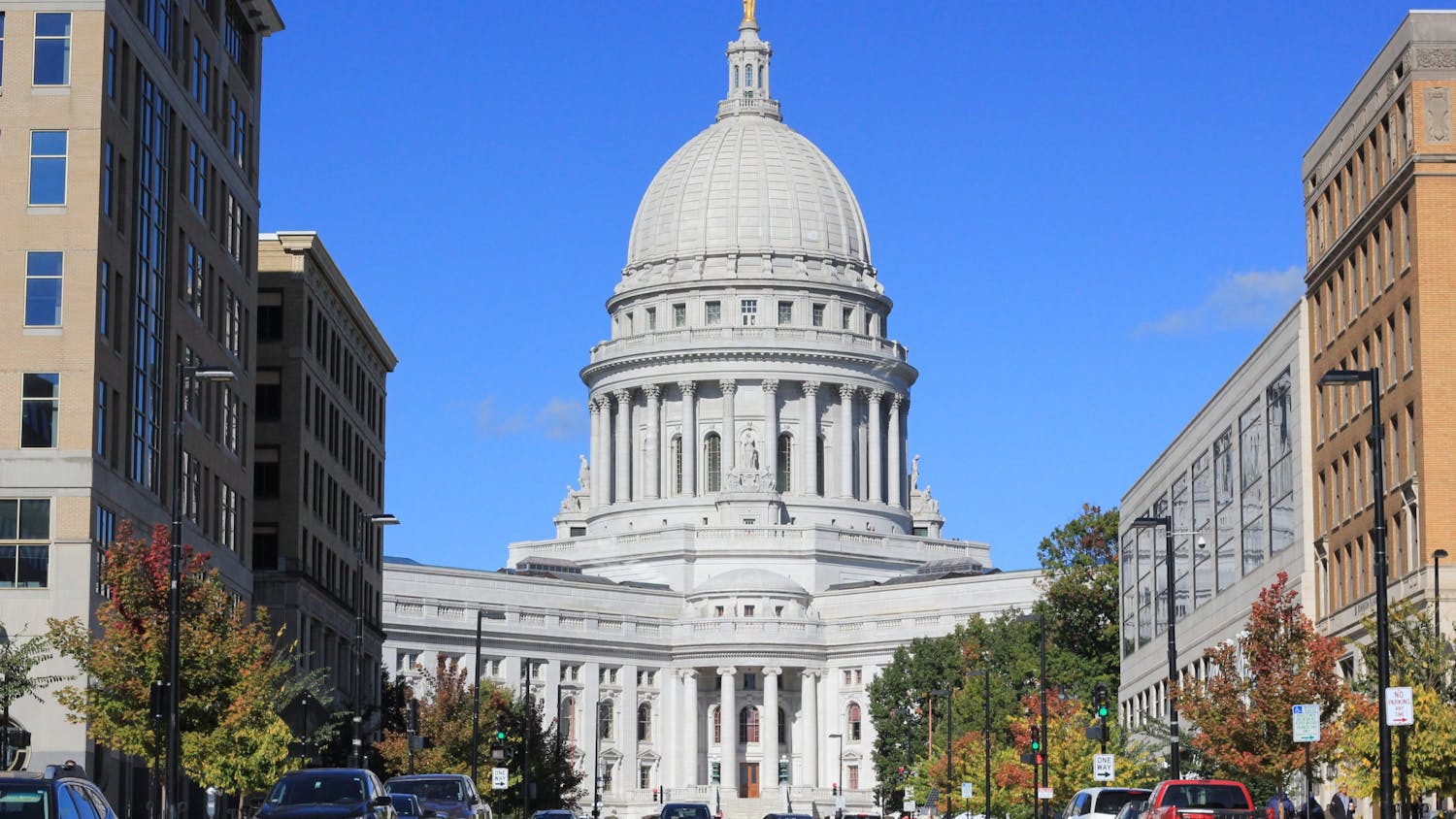If you missed it, the economy has returned. Not only did we have 6 percent gross domestic product growth last quarter, wages finally began to rise after trailing productivity for most of the '90s.
The only problems are that hiring has not returned, and businesses are not investing. These are not problems you can easily gloss over, and they will spell the end of the expansion.
Whether you like it or not, President Bush has stimulated the economy through his massive tax cuts and military expenditures. The problem is that this stimulus is quickly wearing off.
This economic expansion has been buoyed by the consumers and Bush has given them the money to go out and keep spending. However, the tax cuts were basically a one-time shot in the arm.
The problem of over capacity still remains from the '90s. Factories are still operating at one of the lowest utilization rates in recent history. Furthermore, it appears that this problem is not likely to disappear soon.
The issue is that we need to get businesses to invest. This is the second pillar of economic growth besides the consumers. However, they have no reason to invest with so much spare capacity already.
This is evidenced by the fact that firms are not hiring. They have no incentive to utilize their capital with workers. There is simply not a sustaining demand.
Firms recognize the transience of the stimulus. They know that consumers will have a single spurt of buying, but it will not last. Even worse, businesses perceive the staggering increase in consumer debt as a cap on further expenditures. In such an environment, why would you invest?
But this lack of investment is also limiting consumer growth by retarding hiring. Without hiring, there is no demand to continue the growth on the part of firms.
So what are we suppose to do? We seem to be in some kind of catch-22 with each party waiting for the other to pick up the pace. There appear to be some policies that will help remedy the problem.
First of all, the tax credit for capital depreciation should be accelerated. This will entice businesses to rid themselves of spare capacity. There will be no lasting expansion in payrolls or the economy with so much slack.
This capital write-off would also help put some upward pressure on the inflation rate by increasing demand for inputs. Inflation is not always a bad thing, and in the present environment some more inflationary pressure would generate more consumer demand.
In the spirit of the tax credit for capital depreciation, some kind of tax benefit should be given to consumers who reduce their amounts of debt. This would be a one-time deal as well and would be concentrated to credit-card-type debt.
Obviously, this would dampen demand for a time because consumers would be reallocating their budgets to debt relief. But it allow for a more sustainable recovery.
Finally, the federal deficit has to be brought under control. Presently, we are not seeing the problems that deficits cause. But further debt expansion could easily put upward pressure on interest rates and choke off any economic growth.
Many would fault our president for not providing a good economic stimulus, but the more powerful and true criticism is his programs have not tried to adjust the structural roots of the problem. Only when we realize the over-capacity in the economy will we be able to formulate policies that will not only lead to 6 percent growth and rising wages, but more employment and business investment. This is when life will be good again.
Nic Lehmann-Ziebarth is a junior majoring in economics.





